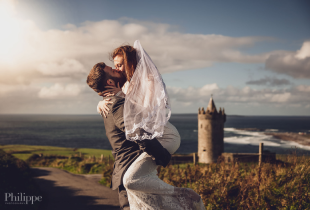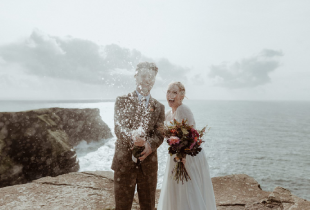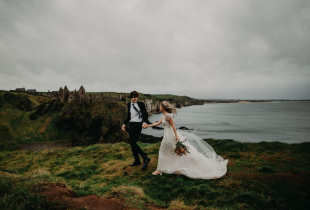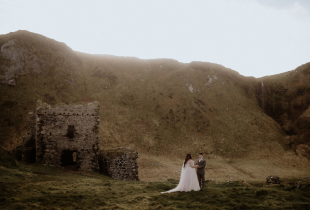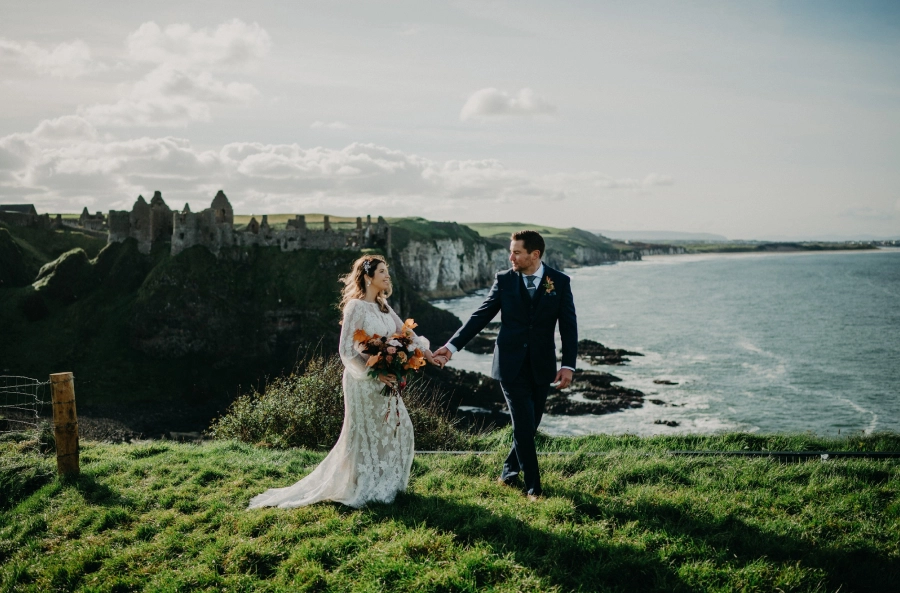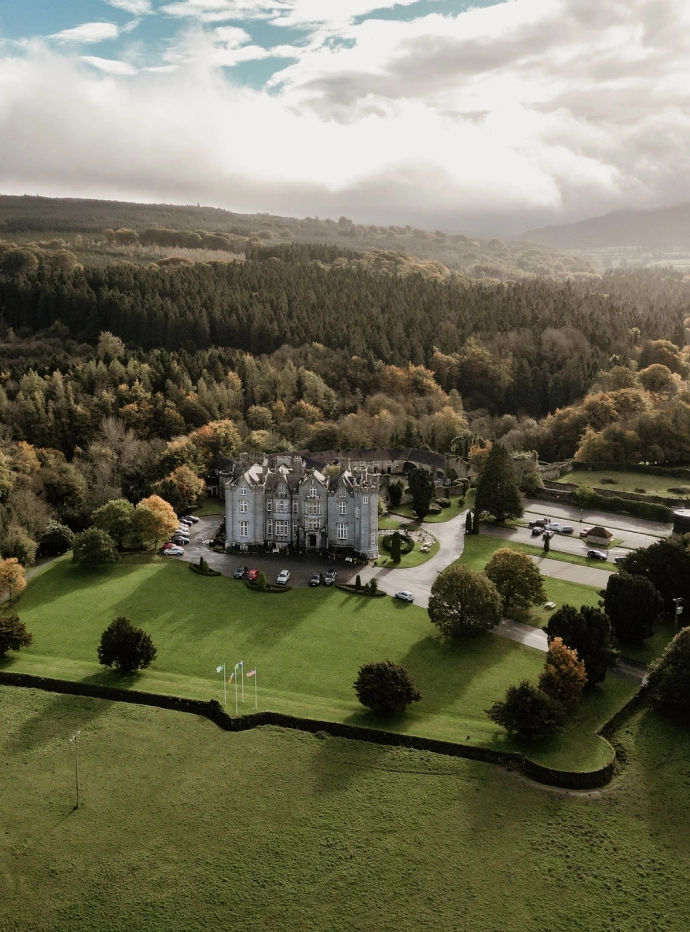Planning an Irish elopement can be simple!
Making your Irish elopement legally binding might sound complicated—but with the right guidance, it’s actually simple and stress-free.
We specialize in helping couples from the U.S. and Canada navigate the marriage license process, so your destination elopement in Ireland is fully legal and worry-free.
Think you have to travel to Ireland months in advance? Think again! This is simply NOT TRUE. Couples living outside Ireland don’t need to arrive three months early. With our help, you can submit your marriage registration remotely, then meet the Registrar just a few days before your wedding. It’s easy, stress-free, and keeps the focus where it belongs—on celebrating your love in the most magical way.
Let us handle the paperwork, so you can focus on your dream wedding. Ready to make it official?

